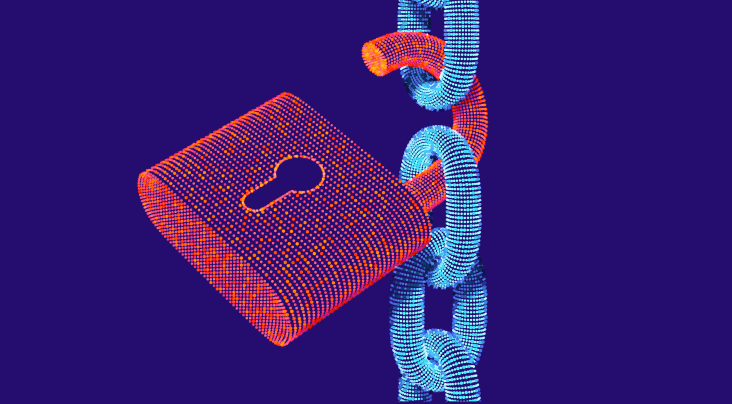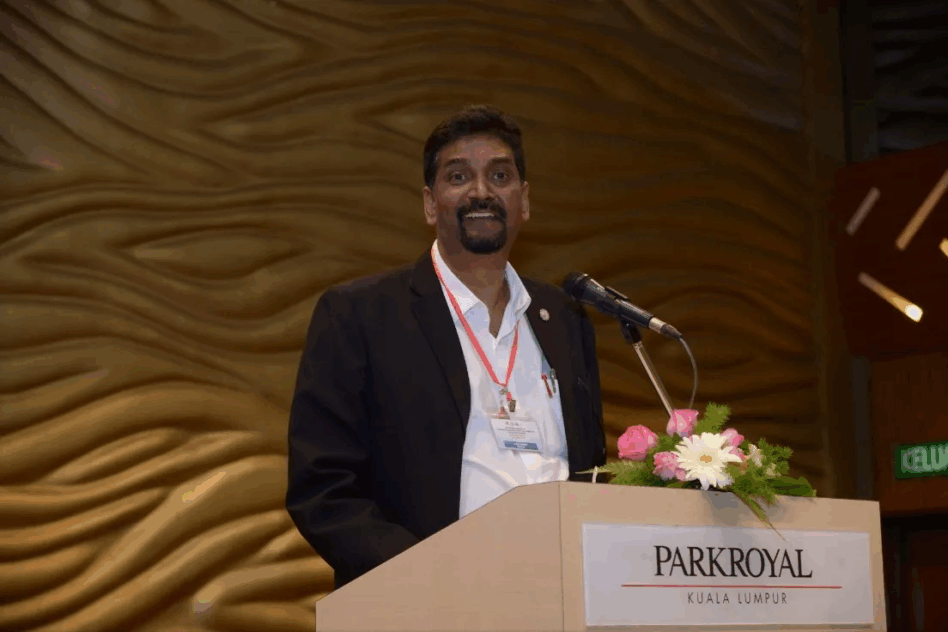MANY people tend to accept what they see or hear without questioning further, especially when the source of information is trusted, lacking awareness of potential underlying meanings or motives, or not using the brain to think as mental exercises are way too strenuous for them.
They seem to be always in default mode and inclined to take statements literally, accepting information at face value.
They have limited exposure or experience in a particular situation, do not wish to be rude, eager to avoid conflict when dealing with sensitive topics, or desire harmony.
But some people go to great lengths by nitpicking, and no better examples than selfish politicians bankrupt of ideas that pounce on every opportunity to score points by pretending to defend race and religion, instead of uplifting communities through quality education and improving livelihood.
It is much easier to create bogeymen and fight against imaginary enemies than to introduce effective measures to reform learning and the economy to elevate quality and competitiveness. Instead of raising integrity and productivity, it is more popular to offer handouts and entitlements.
In June 1973, I worked as a tourist guide and the office was located in the small shopping arcade on the ground floor of the Merlin Hotel Kuala Lumpur (renamed Concorde in 1990). Next door was the coffeehouse which remained open throughout the day and night.
There, a pretty waitress from the coffeehouse would regularly invite me to have my favourite meal. After finishing the bacon and eggs, I would leave without paying. Yesterday, after more than half a century, I decided to find out who had footed the bills and asked my wife.
She did not pay for them and neither were favours done by the kitchen staff. She disclosed that she had sacrificed her breakfast entitlement for my enjoyment. Staff from 7am to 3pm shifts were entitled to breakfasts and so she went hungry just to watch me devour my favourite meal.
Then, the bacon at all hotels in Kuala Lumpur was made from pork and only in later years from beef. Elsewhere, there is also bacon made from lamb, turkey, and soya beans that mimic the taste and texture of meat by adding dried fibrous mushrooms making them vegetarian food.
This reminds me of an incident in the 1980s when a committee of a tourism association all had the same set lunch in a hotel in Kuala Lumpur.
When leaving the hotel, a lady suddenly asked in a hushed tone whether pork chop was served for lunch as some in the committee were Muslims.
It was decided not to find out for sure as the food had already been consumed, the meeting went well, and everyone was eager to get back to work and help build a better tourism industry in Kuala Lumpur, instead of pursuing and causing distress or embarrassment to those affected.
In 1990, while on a trip to several Hawaiian islands, I asked a well-travelled Singaporean about hamburgers. He confirmed there was no ham and the meat patties were made from beef. They were named after the city of Hamburg in Germany where it was invented in the late 19th century.
There was no dog meat and alcoholic drinks sold when A&W opened in Malaysia in 1963 until today. The term ‘hot dog’ was because of the long shape of the sausage which resembles a dachshund, and both ‘root beer’ and ‘sarsi’ share a common ingredient – sarsaparilla roots.
In 2012, A&W Malaysia changed the name of its hot dog to “chicken coney” and root beer to “RB”. This was due to a new rule from the Malaysian Islamic Development Department (Jakim) that prohibited the use of its halal logo for items with the words ‘dog’ or ‘beer’ in their names.
In 2016, Aunties Anne’s in Malaysia changed the name of its ‘pretzel dog’ to ‘pretzel sausage’ to comply with halal certification requirements. Along this line, it is unlikely for any product called ham to be locally certified as halal, even though it may contain only chicken or turkey.
The latest controversy was about a sandwich supplier misusing the halal logo and a convenience store chain trusted the halal certificate provided for reference for the chicken and cheese layers.
Instead, a loudmouthed politician chose to train his guns at the convenience store chain, again.
It’s a small wonder that politicians were consistently ranked year after year as the least trusted profession in Malaysia, followed by social media influencers, government ministers, advertising executives and religious leaders. The surveys were carried out by global research firm Ipsos.
Yet they are audacious and continue calling the shots by acting as if they were in charge of our country and rakyat although being despised by many for sowing hatred and causing disharmony.
Were they simply naïve or overcome by the burning desire to gain popularity at all costs? – Jan 15, 2025
YS Chan is master trainer for Mesra Malaysia and Travel and Tours Enhancement Course and an Asean Tourism Master Trainer. He is also a tourism and transport business consultant.
The views expressed are solely of the author and do not necessarily reflect those of Focus Malaysia.
Main image: Reuters









